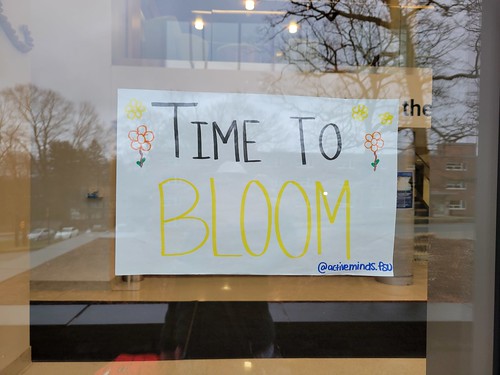
I recently read Ruth Ozeki’s The Face: A Time Code, a slender volume written in response to an unlikely prompt: spend three hours contemplating your face in a mirror and explore what arises.
The thoughts that arise when a woman of a certain age considers her face are surprisingly deep. Initially, Ozeki’s observations are as superficial as you’d expect. Ozeki discovers she likes one eye more than the other, for example, and she notes the resemblances between her face and the faces of her white father and Japanese mother.
But if you spend three hours looking at a thing, you’ll eventually be forced to look more deeply. Ozeki notes the way faces are linked to identity: they are the public image we present to the world. Faces are like names: they are how we self-identify and how people judge us, for better or worse. Ozeki was born Ruth Lounsbury but took a pseudonym after her father asked her not to write about his family. A pseudonym is a mask–a crafted face–that both obscures and reveals.
As a middle-aged woman, considering how your face has changed over time is a psychological minefield. Ozeki describes her decision not to get a facelift and wonders if she should return to dying her hair. These seemingly insignificant personal decisions are rife with deeper issues. Ozeki explores, for example, the feminist implications of authorial headshots. Do glamor shots by professional photographers create an image that is impossible for an ordinary and aging author to live up to, or is the beautifying of one’s (female) face an inevitable part of marketing a book?
Ozeki is a Zen Buddhist, so her contemplation is also a meditation. The Buddha said impermanence surrounds us, and there is no better way to (literally) face that fact than to consider how your face has changed over time. Forget about seeing your face before you were born: can you accurately see the face in the mirror right now?
I’ve never spent three hours staring at my face, but years ago at a Dharma teacher retreat, we did an exercise where we spent several silent minutes looking into a random partner’s eyes. That activity was surprisingly eye-opening (no pun intended). Looking into an acquaintance’s eyes made me unusually self-conscious about my appearance and others’ opinions. Does this person think I look silly or stupid or ugly or boring? Should I smile or frown or maintain a neutral meditative expression? Should I try to tame my resting bitch face or just allow my face to rest in whatever expression it prefers?
The Face was published in 2015, years before the widespread masking of the COVID-19 pandemic, so the masks Ozeki describes in her book are the highly stylized masks of Noh drama. Ozeki describes the process of crafting a mask, and she describes how Noh performers embody their characters through voice and gesture instead of facial expressions.
In an unofficial sequel to The Face, last year Ozeki published an article exploring the impact of COVID masking and Zoom meetings on self-image. I remember the first time I walked outside after outdoor mask mandates had been lifted: I found myself smiling uncontrollably whenever I saw another bare face, and the experience of walking among many barefaced people was almost intoxicating.
One of the weird experiences of teaching remotely is having your face constantly on view–and visible to yourself–while most if not all of your students have their cameras turned off. It’s just you and your trying-so-hard-to-look-enthusiastic face trying to engage with the camera as you see nothing but your own thumbnail video surrounded by a sea of black squares. It’s like teaching into the void.
Facing one’s face and the issues of identity, aging, and superficial judgment is not for the faint of heart. What seems like a silly premise for a book is surprisingly profound.



























